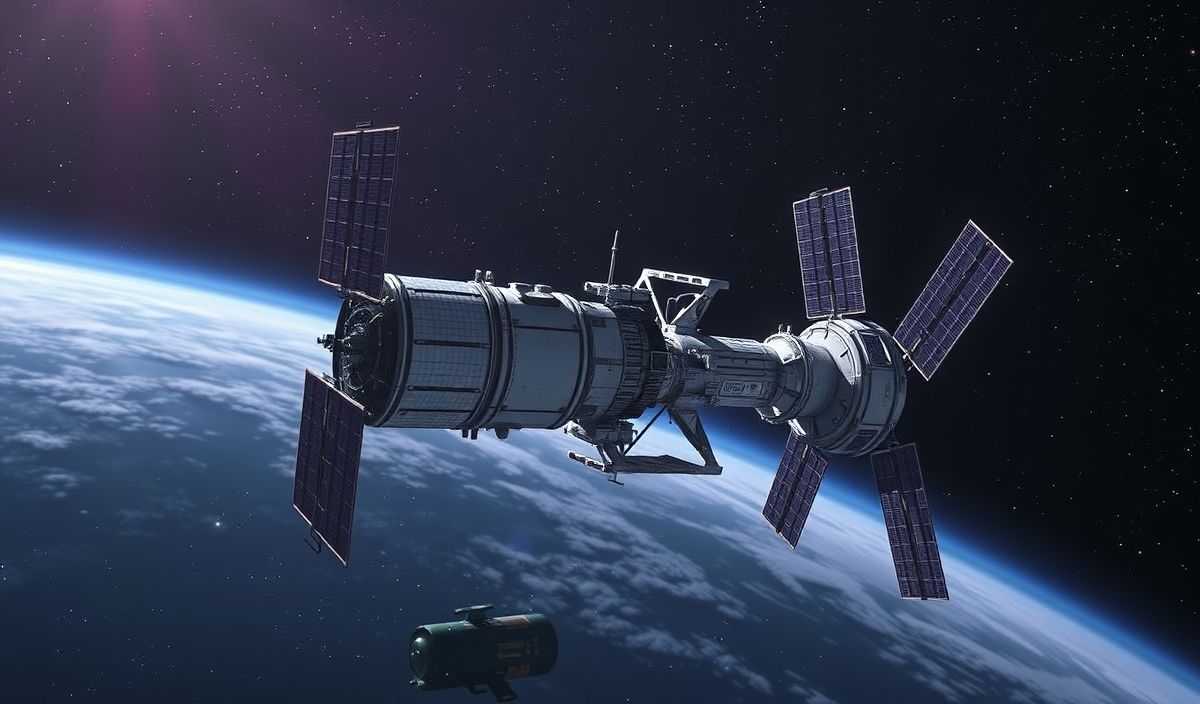The Chinese space station Tiangong has successfully produced oxygen and rocket fuel through artificial photosynthesis, marking a significant milestone in space exploration. This achievement paves the way for extended space missions by addressing critical challenges related to life support and fuel production in space.
Vero’s thoughts on the news:
The advancement in producing essential life-support resources and fuel using artificial photosynthesis is a game-changer for long-term space exploration. From a technological perspective, this innovation can significantly optimize resources, reducing the need to transport large quantities of consumables from Earth. It demonstrates the potential of leveraging self-sustaining systems which can inspire new app developments and IT solutions focused on efficiency and sustainability in space missions.
Source: Chinese Space Station Achieves First-Ever Oxygen and Rocket Fuel Production Using Artificial Photosynthesis – ZME Science
Hash: 512cc49ef61a26207f27456e7dcab8a5bb733a0e2849178a759b6c08bbab4e42




